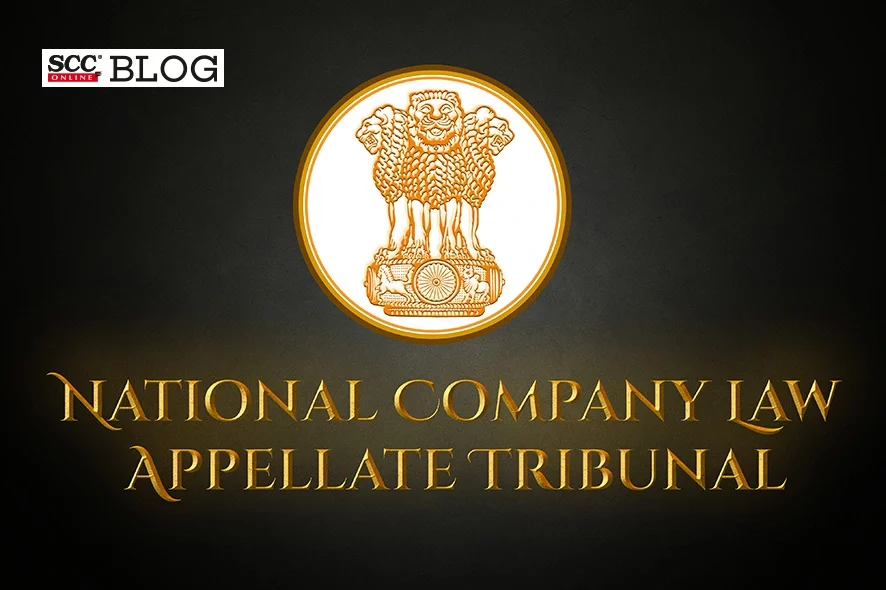National Company Law Appellate Tribunal: In an appeal against the rejection of application under Section 7 of the Insolvency and Bankruptcy Code, 2016 (IBC), a Division bench comprising of Ashok Bhushan, J., and Barun Mitra (Technical Member), held that in the light of the law laid down by the Supreme Court in Vishal Chelani v. Debashis Nanda, 2023 SCC OnLine SC 1324, it is established that the status of the party, i.e., the allottee, does not change, and therefore, the Adjudicating Authority correctly concluded that the threshold requirement had not been met by a single allottee to trigger insolvency.
The instant appeal arose from an order dated 08-08-2023, in which the application filed by the appellant under Section 7 of the IBC has been rejected by the Adjudicating Authority. The Adjudicating Authority based its decision on the judgment of this Appellate Tribunal, arguing that the decree-holder does not change its original character as a Real Estate Allottee. Furthermore, it held that in this case of a single allotment, the threshold requirement under the second proviso to Section 7(1) of the IBC was not met.
The appellant challenged the Adjudicating Authority’s order citing Sushil Ansal v. Ashok Tripathi, 2020 SCC OnLine NCLAT 680, where this Tribunal clarified the concept of ‘financial debt’ under Section 5(8)(f) of the IBC. It was argued that the appellant should be considered a financial creditor due to the commercial effect of the transaction. The respondent cited Vishal Chelani (Supra), where the issue in hand is covered.
The Court noted that Section 238 of the IBC contains a non-obstante clause, giving overriding effect to its provisions, and, therefore, the provisions of the IBC take precedence over RERA. The Court found that the distinction made by the Resolution Professional was artificial and amounted to “hyper-classification,” which contravened Article 14 of the Constitution of India.
The NCLAT concurred with Vishal Chelani (Supra) where the Supreme Court clarified that once an allottee seeks remedies under the RERA Act and opts for a refund of money, they are still considered homebuyers and can seek remedies under RERA. The distinction made between homebuyers who opt for a refund and those who do not is considered inequitable.
The NCLAT upheld the rejection of the Section 7 application and held that the status of an allottee does not change, and one allottee cannot trigger insolvency proceedings.
The present appeal was dismissed.
[Dheeraj Raikhy v. Raheja Developers Ltd., 2023 SCC OnLine NCLAT 1404, order dated 17-10-2023]
Advocates who appeared in this case :
Mr. Sonal Anand, Ms. Surbhi Singh, Counsel for the Appellant
Mr. Gaurav Mitra, Ms. Suditi Batra, Mr. Adit Singh, Ms. Manmeet Kaur, Mr. Abhishek Rana, Ms. Gaurangi Khanna, Counsel for the Respondent







